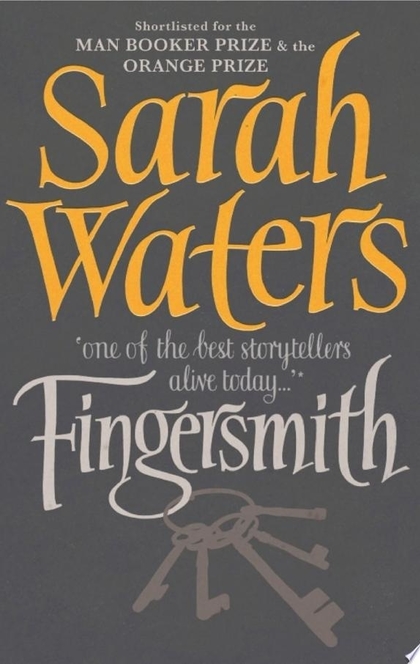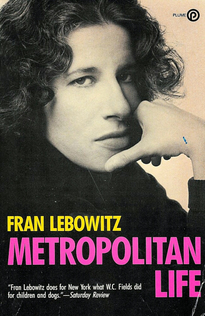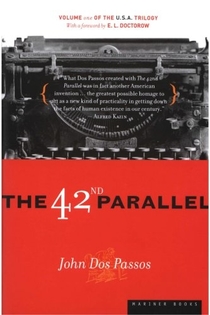
The 42nd Parallel
With his U.S.A. trilogy, comprising THE 42nd PARALLEL, 1919, and THE BIG MONEY, John Dos Passos is said by many to have written the great American novel. While Fitzgerald and Hemingway were cultivating what Edmund Wilson once called their "own little corners," John Dos Passos was taking on the world. Counted as one of the best novels of the twentieth century by the Modern Library and by some of the finest writers working today, U.S.A. is a grand, kaleidoscopic portrait of a nation, buzzing with history and life on every page. The trilogy opens with THE 42nd PARALLEL, where we find a young country at the dawn of the twentieth century. Slowly, in stories artfully spliced together, the lives and fortunes of five characters unfold. Mac, Janey, Eleanor, Ward, and Charley are caught on the storm track of this parallel and blown New Yorkward. As their lives cross and double back again, the likes of Eugene Debs, Thomas Edison, and Andrew Carnegie make cameo appearances.
See all
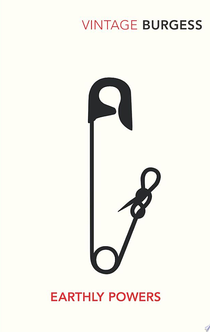
Earthly Powers
Kenneth Toomey is an eminent novelist of dubious talent; Don Carlo Campanati is a man of God, a shrewd manipulator who rises through the Vatican to become the architect of church revolution and a candidate for sainthood. These two men are linked not only by family ties but by a common understanding of mankind's frailties. In this epic masterpiece, Anthony Burgess plumbs the depths of the essence of power and the lengths men will go for it.
See all
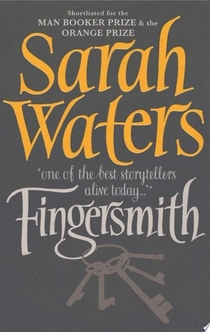
Fingersmith
The book that inspired Park Chan-wook's astonishing film The Handmaiden.Shortlisted for the Orange Prize and the Booker PrizeLondon 1862. Sue Trinder, orphaned at birth, grows up among petty thieves - fingersmiths - under the rough but loving care of Mrs Sucksby and her 'family'. But from the moment she draws breath, Sue's fate is linked to that of another orphan growing up in a gloomy mansion not too many miles away.
See all
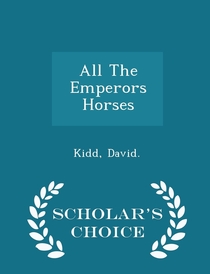
All the Emperors Horses
This work has been selected by scholars as being culturally important and is part of the knowledge base of civilization as we know it.This work is in the public domain in the United States of America, and possibly other nations. Within the United States, you may freely copy and distribute this work, as no entity (individual or corporate) has a copyright on the body of the work.Scholars believe, and we concur, that this work is important enough to be preserved, reproduced, and made generally available to the public. To ensure a quality reading experience, this work has been proofread and republished using a format that seamlessly blends the original graphical elements with text in an easy-to-read typeface.We appreciate your support of the preservation process, and thank you for being an important part of keeping this knowledge alive and relevant.
See all
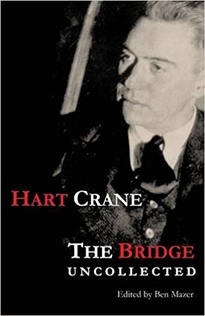
Hart Crane's The Bridge
Hart Crane's long poem The Bridge has steadily grown in stature since it was published in 1930. At first branded a noble failure by a few influential critics-- a charge that became conventional wisdom--this panoramic work is now widely regarded as one of the finest achievements of twentieth-century American poetry. It unites mythology and modernity as a means of coming to terms with the promises, both kept and broken, of American experience. The Bridge is also very difficult. It is well loved but not well understood. Obscure and indirect allusions abound in it, some of them at surprisingly fine levels of detail. The many references to matters of everyday life in the 1920s may baffle or elude today's readers. The elaborate compound metaphors that distinguish Crane's style bring together diverse sources in ways that make it hard to say what, if anything, is "going on" in the text. The poem is replete with topical and geographical references that demand explication as well as identification. Many passages are simply incomprehensible without special knowledge, often special knowledge of a sort that is not readily available even today, when Google and Wikipedia are only a click away. Until now, there has been no single source to which a reader can go for help in understanding and enjoying Crane's vision. There has been no convenient guide to the poem's labyrinthine complexities and to its dense network of allusions--the "thousands of strands" that, Crane boasted, "had to be sorted out, researched, and interwoven" to compose the work. This book is that guide. Its detailed and far-reaching annotations make The Bridge fully accessible, for the first time, to its readers, whether they are scholars, students, or simply lovers of poetry.
See all

The Coast of Utopia Trilogy
The Coast of Utopia is an epic but also intimate drama of romantics and revolutionaries in an age of emperors. The three sequential, self-contained plays, Voyage, Shipwreck and Salvage, span the lives and loves of a group of Russian friends at home and abroad in the tumultuous years between 1833 and 1866. This new fully revised edition of the trilogy contains an introduction by the author.
See all

The Age of American Unreason
A cultural history of the last forty years, The Age of American Unreason focuses on the convergence of social forces—usually treated as separate entities—that has created a perfect storm of anti-rationalism. These include the upsurge of religious fundamentalism, with more political power today than ever before; the failure of public education to create an informed citizenry; and the triumph of video over print culture. Sparing neither the right nor the left, Jacoby asserts that Americans today have embraced a universe of “junk thought” that makes almost no effort to separate fact from opinion.
See all

A People's History of the United States
This is a new edition of the radical social history of America from Columbus to the present. This powerful and controversial study turns orthodox American history upside down to portray the social turmoil behind the "march of progress". Known for its lively, clear prose as well as its scholarly research, A People's History is the only volume to tell America's story from the point of view of - and in the words of - America's women, factory workers, African-Americans, Native Americans, the working poor, and immigrant laborers. As historian Howard Zinn shows, many of America's greatest battles - the fights for fair wage, an eight-hour workday, child-labor laws, health and safety standards, universal suffrage, women's rights, racial equality - were carried out at the grassroots level, against bloody resistance. Covering Christopher Columbus's arrival through the Clinton years A People's History of the United States, which was nominated for the American Book Award in 1981, is an insightful analysis of the most important events in US history.
See all

Last Exit to Brooklyn
“An extraordinary achievement . . . a vision of hell so stern it cannot be chuckled or raged aside.”—The New York Times Book ReviewA classic of postwar American literature, Last Exit to Brooklyn created shock waves upon its release in 1964 with its raw, vibrant language and startling revelations of New York City’s underbelly. The prostitutes, drunks, addicts, and johns of Selby’s Brooklyn are fierce and lonely creatures, desperately searching for a moment of transcendence amidst the decay and brutality of the waterfront—though none have any real hope of escape. Last Exit to Brooklyn offers a disturbing yet hauntingly sensitive portrayal of American life, and nearly fifty years after publication, it stands as a crucial and masterful work of modern fiction. This ebook features an illustrated biography of Hubert Selby Jr. including rare photos from the author’s estate.
See all

